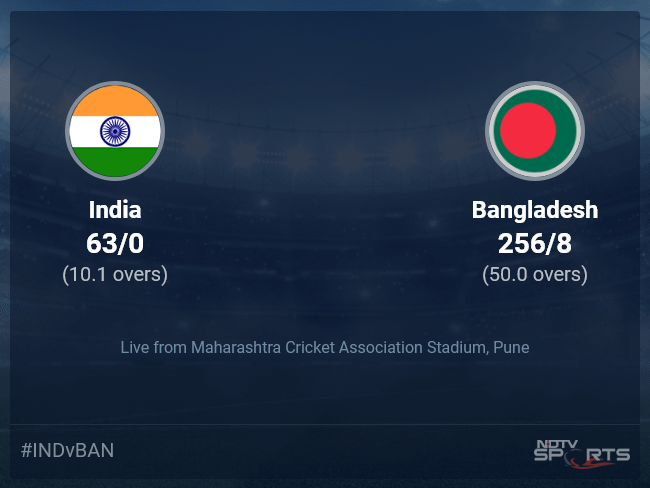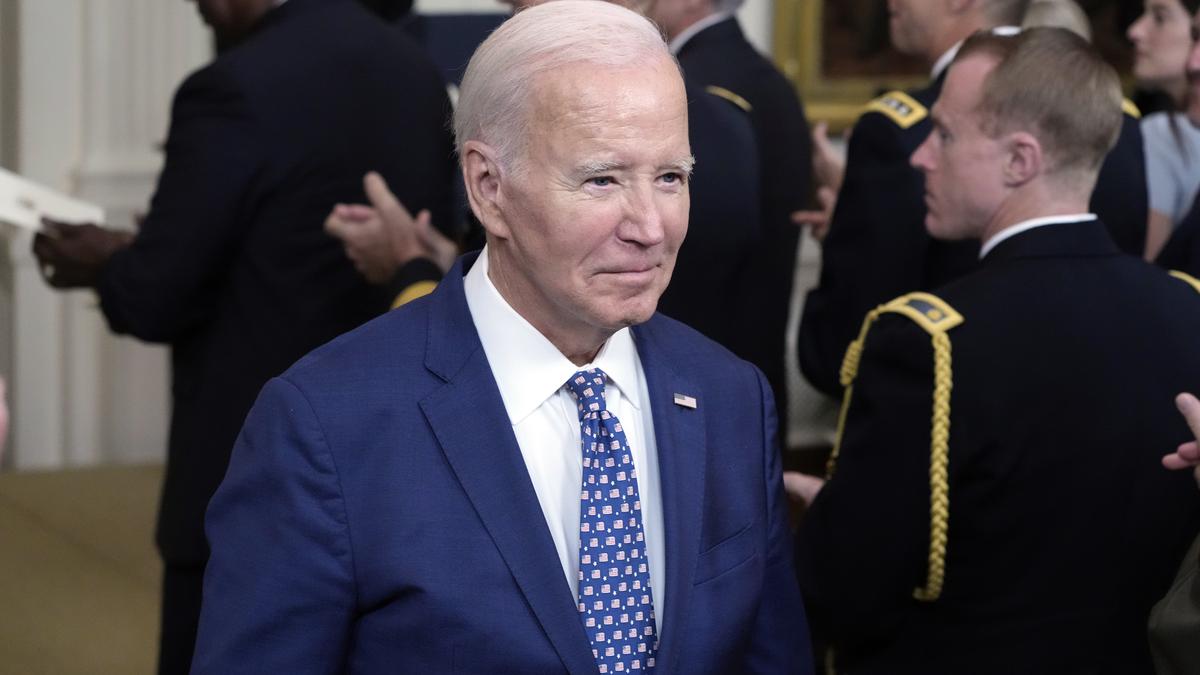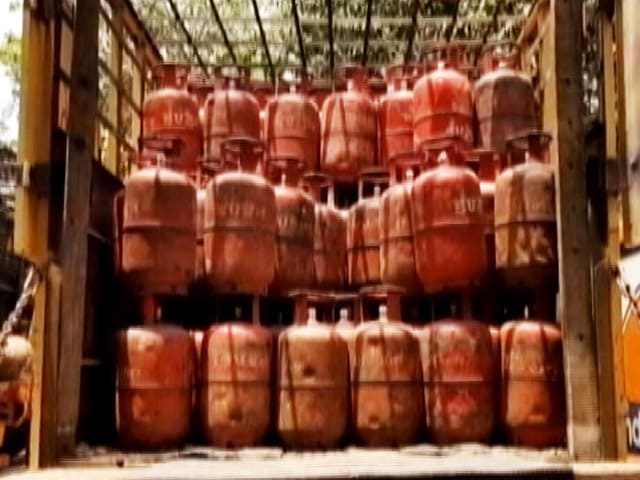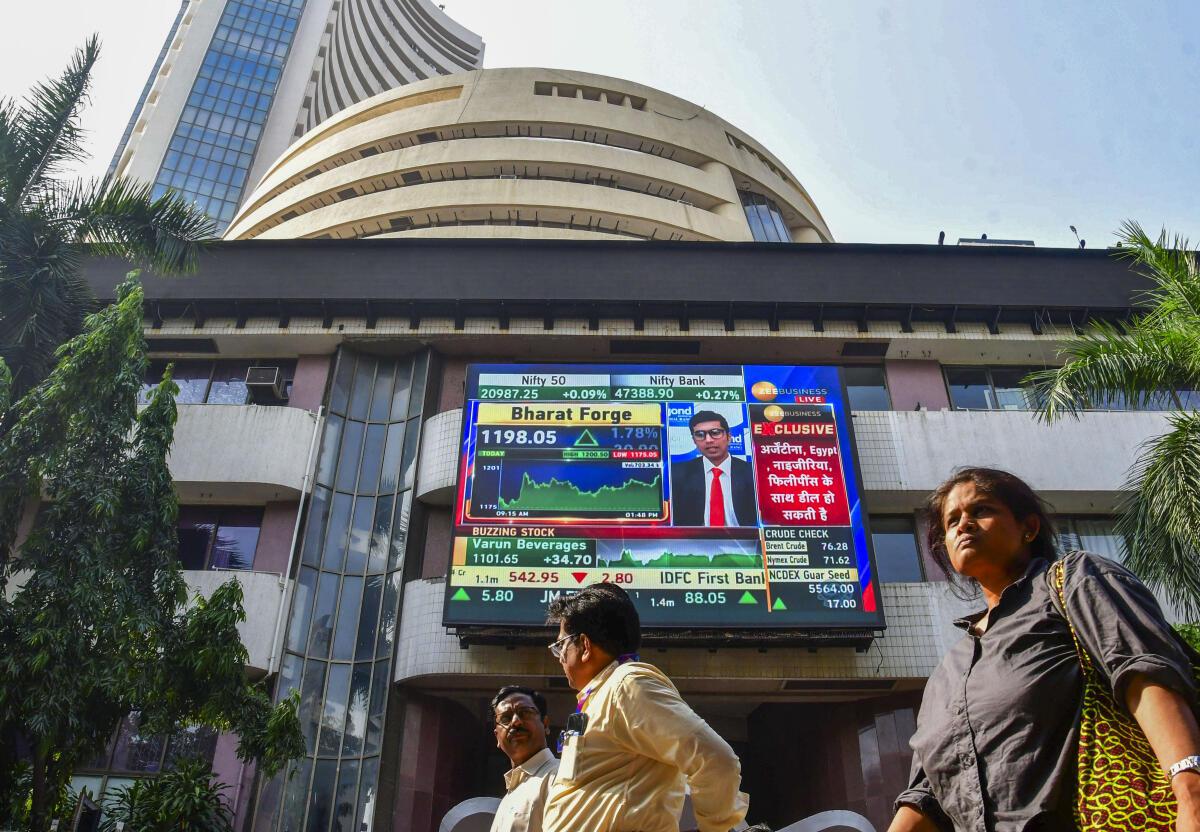Government final consumption expenditure tanked 0.2% in Q1, while public capital expenditure spends that include projects financed by the Centre, States and central public sector firms, were 33.3% lower than a year ago.
| Photo Credit: Getty Images/iStockphoto
Signalling a moderation in the economy’s growth momentum, India’s real GDP rose 6.7% in the April to June 2024 quarter, the slowest in five quarters, and well below the Reserve Bank of India’s expectation of a 7.1% uptick as well as the 7.8% uptick registered in the preceding quarter.
For the first time in a year, growth in the real Gross Value Added (GVA) in the economy outperformed GDP growth, with a 6.8% uptick in the first quarter (Q1) of 2024-25. This is a significant shift from the preceding two quarters, Q3 and Q4 of 2023-24, when real GVA growth lagged GDP growth by 1.8 and 1.5 percentage points, respectively.

The central bank has penned in a GDP growth of 7.2% for this year, and the softer than expected Q1 growth amid easing headline inflation may shift the dynamics for its hawkish monetary policy stance, especially with the U.S. Federal Reserve indicating an interest rate cut next month.
Chief Economic Advisor V. Anantha Nageswaran sought to play down the Q1 blip as “a slight slowdown that was anticipated by most commentators” as the conduct of the general elections had brought down government expenditure, including capital spends.
“So in that sense, the 6.7% [growth] was well within the consensus anticipation. At the same time, there is a better alignment between the demand and supply side of the economy, and many components of the demand side, such as final private final consumption expenditure, gross fixed capital formation and net exports have held up quite well,” he said. The 2% rise in farm sector GVA in Q1 indicates a turnaround from recent quarters’ lows, such as the 0.6% rise in January-March 2024, he noted.

Government final consumption expenditure tanked 0.2% in Q1, while public capital expenditure spends that include projects financed by the Centre, States and central public sector firms, were 33.3% lower than a year ago. Still, gross fixed capital formation grew 7.5%, recovering from a four-quarter low of 6.5% in the previous quarter, and private consumption outgoes seemed to rebound from last year’s weak trends to hit a six-quarter high of 7.4%.
“The major components apart from public sector for capex are households and the private sector. A stagnation in the public sector capex along with a steady capex by the household sector indicates a modest pickup in the private sector capex,” said Paras Jasrai, senior economic analyst at India Ratings and Research.
“This GVA growth in Q1 has been driven by significant growth in the Secondary Sector (8.4%), comprising Construction (10.5%), Electricity, Gas, Water Supply & Other Utility Services (10.4%) and Manufacturing (7%) sectors,” the National Statistical Office said.
On the services side, however, growth in the job-intensive ‘Trade, Hotels, Transport, Communication & Services related to Broadcasting’ segment dropped to 5.7% from 9.7% in the same quarter last year, while ‘Financial, Real Estate and Professional Services’ eased to 7.1% from 12.6% a year ago. Economists attributed some of this to statistical base effects.








